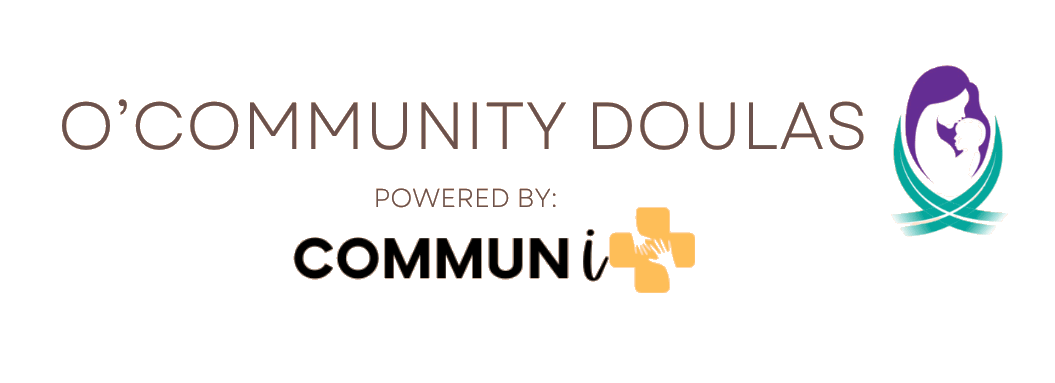Blog
Embracing Cultural Appreciation in Maternal Health Support: A Vital Aspect of Good Outcomes
Embracing Cultural Appreciation in Maternal Health Support: A Vital Aspect of Good Outcomes
Maternal health is not just about physical well-being; it encompasses a spectrum of cultural, social, and emotional factors that significantly impact a woman’s journey through pregnancy, childbirth, and beyond. In recent years, there has been a growing recognition of the importance of cultural appreciation in providing effective maternal health support. This shift acknowledges that every woman’s experience is unique and deeply influenced by her cultural background, beliefs, and practices. Ignoring or overlooking these aspects can lead to inadequate care and missed opportunities for improving maternal health outcomes.
Cultural appreciation in maternal health support involves understanding, respecting, and valuing the diversity of traditions, customs, and perspectives surrounding childbirth and motherhood. It recognizes that what may be considered routine or acceptable in one culture could be perceived differently in another. By embracing cultural diversity, healthcare providers can offer more inclusive and personalized care that meets the needs and preferences of all women, regardless of their cultural background.
One of the key benefits of cultural appreciation in maternal health support is its role in building trust and rapport between healthcare providers and patients. When women feel understood and respected within the healthcare setting, they are more likely to communicate openly, seek necessary care, and adhere to medical recommendations. This trust is particularly crucial during pregnancy and childbirth, where effective communication and collaboration between healthcare providers and women are essential for ensuring positive outcomes.
Moreover, cultural appreciation fosters a sense of empowerment among women by validating their cultural identities and traditions. Pregnancy and childbirth are deeply rooted in cultural practices and rituals across the world, and for many women, these customs hold significant meaning and importance. By integrating cultural elements into maternal health support, healthcare providers can help women feel more connected to their heritage and empowered to make informed decisions about their care.
Another aspect of cultural appreciation in maternal health support is addressing cultural beliefs and practices that may impact maternal health outcomes. Some cultural beliefs surrounding childbirth, for example, may influence women’s attitudes towards seeking prenatal care, choosing birthing options, or managing postpartum recovery. By understanding these beliefs and engaging in culturally sensitive dialogue, healthcare providers can offer guidance and support that respects women’s cultural backgrounds while promoting evidence-based practices that safeguard maternal and infant health.
Furthermore, embracing cultural appreciation in maternal health support contributes to reducing disparities in healthcare access and outcomes. Marginalized communities, including ethnic minorities and immigrant populations, often face barriers to accessing quality maternal healthcare due to systemic inequalities and cultural insensitivity within healthcare systems. By actively acknowledging and addressing these barriers, healthcare providers can work towards creating more equitable and inclusive maternal health services that prioritize the needs of all women.
In conclusion, cultural appreciation is an essential component of holistic maternal health support. By recognizing and respecting the diverse cultural backgrounds, beliefs, and practices of women, healthcare providers can foster trust, empowerment, and inclusivity within maternal healthcare settings. Embracing cultural diversity not only enhances the quality of care provided to women but also contributes to improving maternal health outcomes and reducing disparities in maternal healthcare access and delivery. As we strive towards achieving maternal health equity for all women, cultural appreciation must remain at the forefront of our approach to maternal health support.
